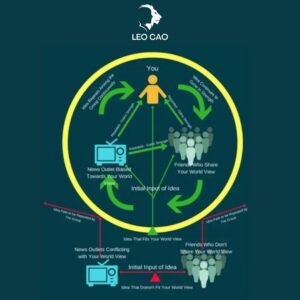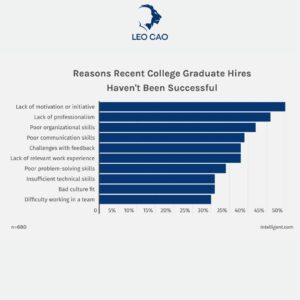
Envy is a dark passenger. Social media magnifies one of the most problematic human emotions, giving it an ever-present form.
Recent studies, including one from the NIH, have indicated a strong correlation between phone usage and social media with higher rates of suicidal ideation. Curated highlight reels of how everyone else is seemingly happier and living in a rosy world form a distorted mirror for the hapless person, spiraling deeper and deeper into despair.
Envy: Nothing’s Ever Enough
Take the story of Bernie Madoff, the man who out-Ponzi’d Ponzi and destroyed countless lives, including his own. Before starting his massive scam, Madoff was a pivotal figure in NASDAQ, earning over $20 million a year. Yet somehow, that wasn’t enough—compared to the ever-expanding lists of wealth and status.
Or consider Rajat Gupta, who came from the streets of Calcutta to become the first foreign-born Managing Director at McKinsey. By all accounts, Gupta achieved astounding feats in corporate America, with many zeros after his name. Yet the pursuit of one more zero became such an obsession that he risked decades of reputation and success, engaging in insider trading, which ultimately led to felony convictions.
It’s probably written into human DNA: envy can help us stay motivated and survive. But in excess, and when left unchecked, it invites misery.
The surest route to misery in life is to be driven by envy.
Mirror, mirror, on the wall…






